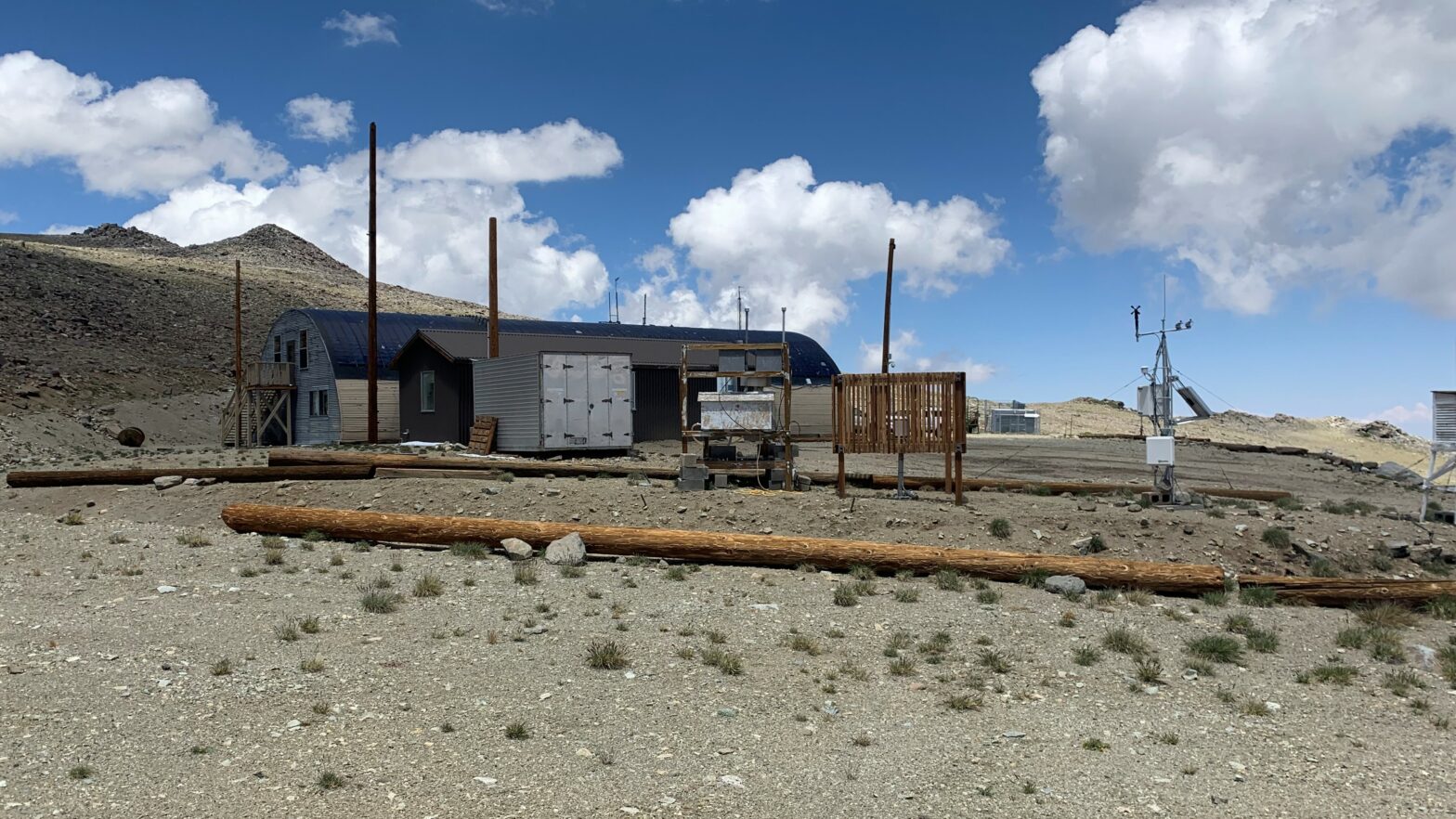
Exploring the Role of Systemic Inflammation in High-Altitude Changes in Immune Function, Sleep Quality, and Cognitive Performance.
Story and Photos by Kathy Pham
University of California, Riverside, WMRC Mini-Grant 2022 Recipient
This summer, I completed sample collection for my doctoral thesis, Effects of Hypoxia Exposure on Inflammatory Signaling and Immune Function. Barcroft Station is located in the White Mountain Research Center (Bishop, CA, USA) at an altitude of 3800m. Across the Heinrich Lab’s two field expeditions (2019 and 2022), I have had the opportunity to recruit 35 participants to travel to high altitude, where we took measurements and samples as we acclimatized to the low-oxygen environment (Figure 1). While my thesis focuses on the inflammatory profile changes in immune cells and function, the Heinrich Lab had very successful collaborations with the Malhotra Lab at UC San Diego, the Simonson Lab at UC San Diego, and the Seitz Lab at UC Riverside.
In the previous field expedition, I found that acute high-altitude exposure increases the proinflammatory gene expression in immune cells. This is an interesting finding, as this indicates that the immune system is being primed to mount an immune response during high-altitude exposure, without any secondary infection. Additionally, these changes are suspected to cause a potentially enhanced and exacerbated immune response to subsequent inflammatory stimuli. We have discovered novel genes of interest that were significantly upregulated following exposure to systemic hypoxia, which may prime the immune response. Additionally, several inflammatory pathways were found to be heavily enriched for genes upregulated at high altitude, further lending evidence into hypoxia-induced immune sensitization. We have also found significant associations between inflammation-related pathway genes and physiological measures at high altitude, such as associations with oxygen saturation and Acute Mountain Sickness Scores. In conclusion, my data suggests that acute high-altitude exposure may sensitize inflammatory pathways and that there may be links between an individual’s inflammatory status and the development of high-altitude pathologies, such as Acute Mountain Sickness (Pham et al., 2022). To further complement our research, our sample collection for the White Mountain 2022 Expedition has also found elevation in immune system activation markers, particularly for immune cell mobilization. Further experimental plans include characterizing specific immune cell populations, and how high-altitude hypoxia impacted the immunological cell balance.
In our previous collaborations, we investigated how systemic inflammation caused by high-altitude hypoxia may impact sleep quality and cognitive performance. Our research demonstrates that several aspects of cognitive performance are impaired at high altitude, including sustained attention, reaction time, and risk avoidance (Heinrich et al. 2018, Frost et al. 2021). Our current questions aim to elucidate potential mechanisms behind these impairments, and if other factors may contribute to these impairments. We therefore investigated if lower arterial oxygen content, poor sleep quality, systemic inflammation, and/or reduced cerebral blood flow are potential factors that contribute to cognitive impairments. With this most recent field expedition, we will be able to investigate each of these items and determine if they are associated with performance on a novel cognitive test battery improved for our specific study cohort and exposure. Data analyses related to these questions are underway.
Thank you to the White Mountain Research Center (WMRC) for generously awarding me with the White Mountain Mini-Grant 2022, and supporting my research at Barcroft Station. I would like to thank all of the WMRC staff who assisted the research personnel with our research and housing us. I would also like to thank all of our participants who were with us for all our expeditions, and we hope to see everyone again! Thank you everyone for making this research possible! The Heinrich Lab hopes to visit again soon!